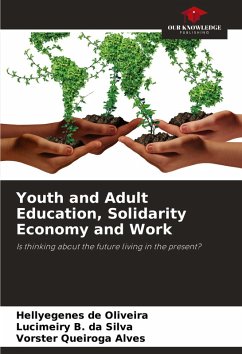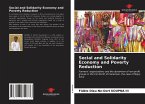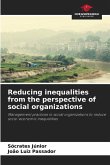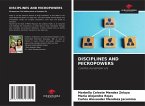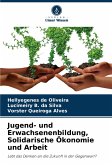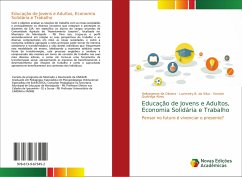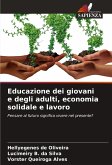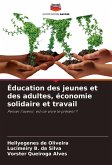The aim of this study was to analyze the relationship between work and the new societies, and especially the various concepts that integrate and permeate EJA students, specifically rural students from the "Juazeiro Settlement" farming community, located in the municipality of Marizópolis - PB. To this end, the socio-educational profile was traced in relation to their work prospects and the various understandings in the midst of the new societies, and how the solidarity economy added to these principles can make the lives of these individuals who attend this type of education satisfactory and transformative, idealizing the solidarity economy as a source of transformation, This process encompassed and analyzed their understanding of the concept of work in its most diverse spheres, and how it becomes a tool for social transformation, presenting ways of benefiting and developing work relationships and how the aforementioned is beneficial to the contexts of individuals.
Bitte wählen Sie Ihr Anliegen aus.
Rechnungen
Retourenschein anfordern
Bestellstatus
Storno

